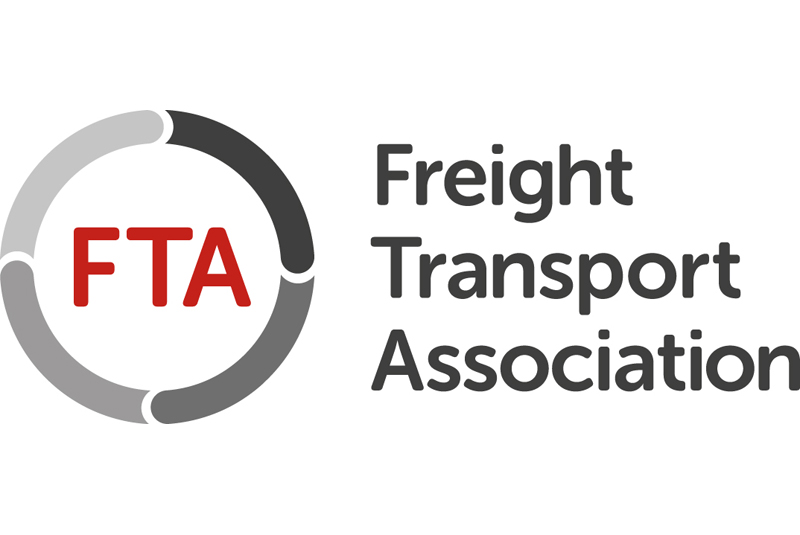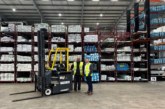
The primary role of the lorry in urban freight has been ignored once again, says the FTA following the publication of the Department for Transport’s ‘Future of mobility: urban strategy’ paper.
According to Christopher Snelling, FTA’s Head of UK Policy, the document fails to make a single substantive mention of HGVs, despite the fact that they are, and will remain, the major method of urban delivery.
He commented: “The two mistakes everyone makes are firstly that urban freight is about vans, and secondly that vans are all about freight – neither of these things is true. The UK’s towns and cities rely on 2.5m tonnes of goods being delivered to them every day by HGV, far outweighing what is delivered by van. And most vans are used by the services industries (electricians, plumbers, utilities companies) and are nothing to do with freight.
“FTA’s concern is that this fundamentally underestimates the key role that consolidation needs to play in making our urban transport networks work as we need them to. The same issue is seen with the focus in the document on e-cargo bikes. These are great – it is our members that are trialling them – but at best they will only ever play a specific role in certain types of delivery. Done wrongly, downsizing vehicles would lead to more congestion, not less – one medium-sized lorry can carry as much as 10 vans, one van can carry as much as 10 e-cargo bikes. All these vehicle types are needed, but none can or should replace the other.
“Aside from this general disappointment, FTA agrees that the practical actions actually proposed in the Strategy are sensible and will be beneficial to industry and our urban areas. These include reviews of regulations and further support for development and use of e-vans and e-cargo bikes.”
Christopher concluded: “The Government is taking some of the right steps here on improving the way our towns and cities are supplied with the goods they need – it’s just a shame that the focus of the document will mislead people about the realities of urban transport.”
Efficient logistics is said to be vital to keep Britain trading, directly having an impact on more than seven million people employed in the making, selling and moving of goods.
With Brexit, new technology and other disruptive forces driving change in the way goods move across borders and through the supply chain, logistics has never been more important to UK plc.









